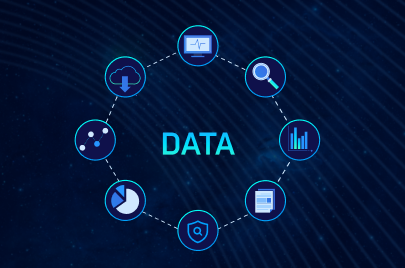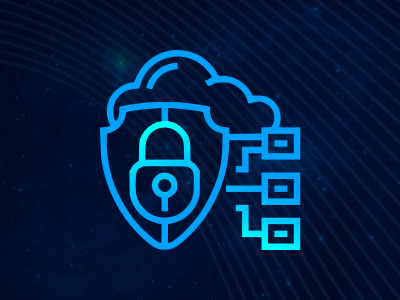How social network services collect private data
08 April 2022
Today, we’ll talk about personal information collected by social media, and the ways these web services do it.
The Internet is a public space
Each of our actions on the Internet is recorded by Internet service providers, web services and sites. Proxy servers can protect from such actions - but only partially. The main role plays the user itself. This article is about types of sensitive data gathered by social network services, and the ways they collect it. We’ll try to give an answer on how to protect your personal information, and whether geo targeted proxies on trusted proxy websites could help.
Why do social networks know so much about us
The main reason for collecting personal data is advertising. The most popular social networks (such as Facebook, Twitter, Pinterest and others) make money as advertising platforms. The more special algorithms know about a person and her/his/other interests, the easier it is to choose suitable ads. The collected information is divided into different categories by geo, age, type of hobby. After that the effectiveness of advertising traffic increases.
What do social networks know about us
Meta Platforms Inc. represented by Facebook, Messenger, Instagram (and also WhatsApp) specifies the information its services collect. Some of them are provided by yourself. These are your full name, date of birth and hometown, places of study and work.
The other types of data network receives on its own. It’s the IP address of your device, operating system, browser type, the name of your mobile operator or domestic Internet service provider. Trusted proxy websites hide such private data. If you buy residential IP, or rely on geo targeted proxies you could cover the technical data of your device. It makes it difficult for Facebook or other social media to get some of such characteristics.
How do social networks collect data
Sites and applications track their internal tools the user applies to, then analyze responses and rank actions and information by categories. On-Facebook actions include likes and shares you do, web searching history and any info you post online. The detailed analysis concerns the metadata your photos carry, your online activity and your friend’s online activity as well.
Mobile social networking apps often ask for access to your contacts on a phone book. After comparing matches between numbers and your Facebook friends algorithm generates a list of "recommendations". Such actions can be restricted using the “Settings” menu on a personal page.
Facebook also tracks your off-Facebook activity, e.g. shopping and travel habits. All conversions to third-party web pages are counted. This data is provided by Internet sites that support the API’s developed by social media services (such as API Graph by Facebook).
The responsibility for the sensitive data safety lies with partner sites off Facebook. No one could give a guarantee that such information will be safe, not leaking to the Web. Besides, the social network services sometimes change their terms of use without notice. Trusted proxy websites could help. If you buy residential IP, social network service would make more efforts to associate your "digital footprint" with you. But it could do it by the actions you perform online.
How to secure personal data
First, you shouldn’t share a lot of private data with social network services. Restrict them access to your files, phone number and email address if possible. Go to the “Settings” on your Facebook account, then find the “Access Your Information” menu. Control the access to camera and microphone, as well as the geolocation permissions for advertisers. Use geo targeted proxies to change the location displayed for social media and other services.
Secondly, reconsider your behavior while using social network service. Click on advertising banners less often, reduce the number of purchases by built-in applications. Before uploading a photo, get rid of its metadata, it could be used to determine the time and place of shooting. Limit the access to your data by advertising agents. On Facebook visit account settings and select “Ad Settings”. Then toggle the available option to “Not Allowed”.
Thirdly, know what data the social network collects particularly. By the US and European laws (so-called GDPR) you have a right to download a list of information used by such services. On Facebook go to the “Settings & Privacy”, then find “Your Facebook Information”.
Besides all that, consider choosing and buying residential and mobile proxies. Using a free proxy isn’t an option because it could be banned by any Internet service quickly. If you buy a residential IP address from trusted proxy websites they’ll limit technical data from leaking outside the Internet connection you’re using. Ask our support 24/7 for details.



